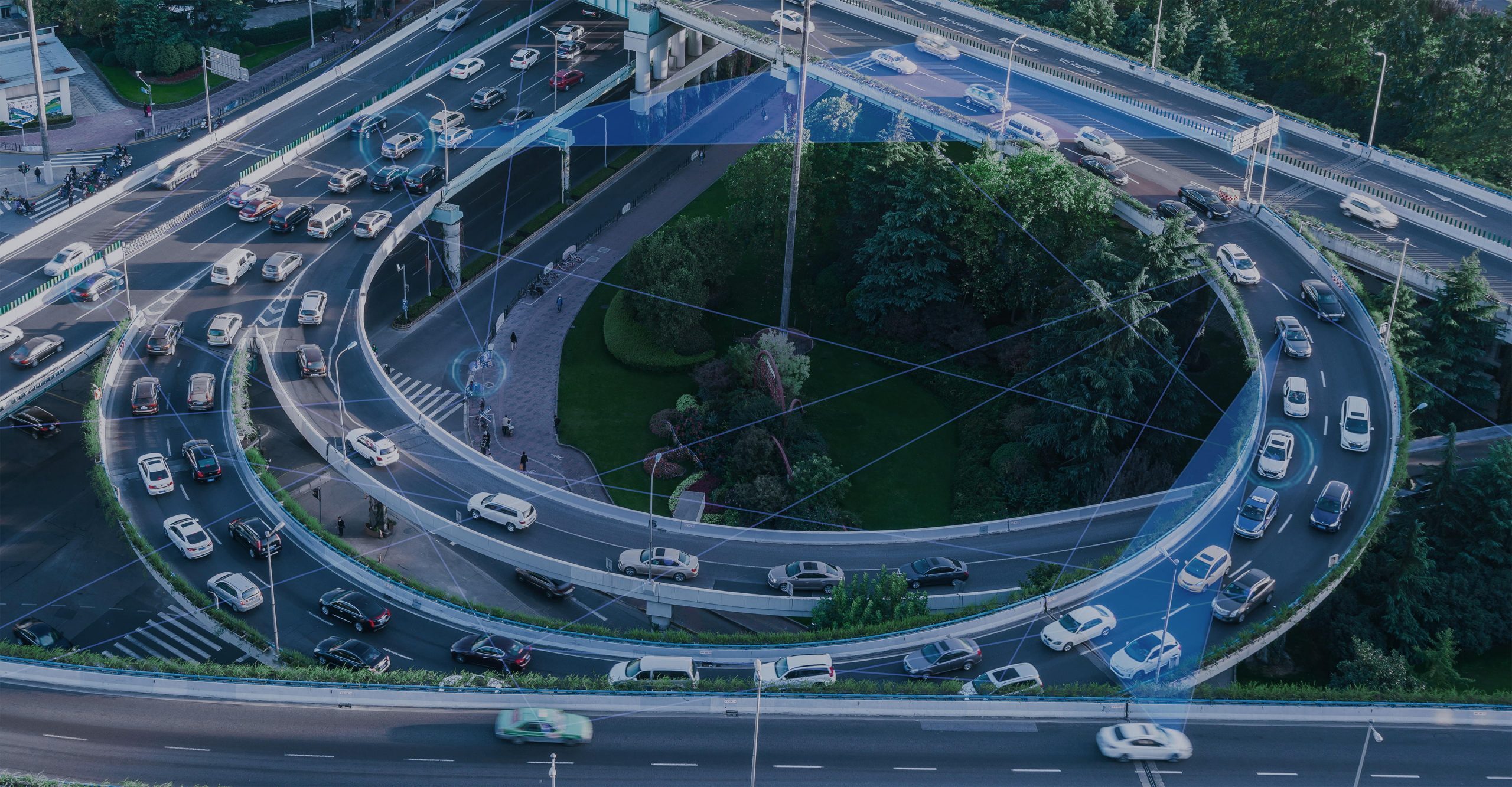Shenzhen-based Minieye Technology has become the latest of several mainland China-based autonomous driving firms to file to go public in Hong Kong as companies seek access to international investors.
The firm said it has worked with 29 carmakers developing autonomous driving up to Level 2, in which the system can control steering and acceleration but requires oversight by a human driver. Tesla’s Autopilot similarly operates at Level 2.
Minieye said it sold more than 780 million of its intelligent driving systems last year, with revenue reaching 476 million yuan ($66m, £52m).
The company is notably backed by Alibaba Group co-founder Eddy Wu, who holds a 2.3 percent stake in the company after transferring shares valued at 30.6m yuan in 2019, four years after an initial angel investment of 4.5m yuan, according to prospectus data cited by the South China Morning Post and the International Financing Review.

Autonomous driving IPOs
Minieye went through at least 17 rounds of fundraising before submitting its prospectus to potential investors on 27 May and is looking to raise $150m with the flotation.
It did not disclose a target valuation but said it has exceeded the 4bn Hong Kong dollar ($512m, £400m) required market capitalisation at the time of listing.
Other investors reportedly include Beijing Siwei Management, Shenzhen Zeyi and China International Capital.
The firm was founded in 2014 by Liu Guoqing, a 2013 PhD in computer science from Nanyang Technological University in Singapore.
It has yet to turn a profit, with 139m yuan in losses for 2023, down from 221m yuan in 2022 and 207m yuan in 2021.
Self-driving tech firm iMotion Automotive technology, from Suzhou, west of Shanghai, listed on the Hong Kong stock exchange in December, followed by others including Beijing-based Horizon Robotics, autonomous chip manufacturer Black Sesame Technologies and Shanghai-based Zongmu Technology.

Competition
Advanced driver assistance technologies have become a selling point in China’s ultra-competitive market for electric vehicles, which includes large companies including BYD and Tesla as well as numerous start-ups.
In April Tesla said it reached a deal with major Chinese tech company Baidu to access high-resolution maps of roads for use with its Full Self-Driving driver-assistance feature, rather than relying on lower-resolution maps or its own camera-generated high-resolution maps, as it has done in the past.
At the time Tesla also said that along with five Chinese automakers it had obtained approval for data security measures for dozens of car models from the government and the China Association of Automobile Manufacturers, the association said.
The approval covers Tesla vehicles including the Model 3 and Model Y, as well as Chinese electric vehicle makers including BYD and Nio.
